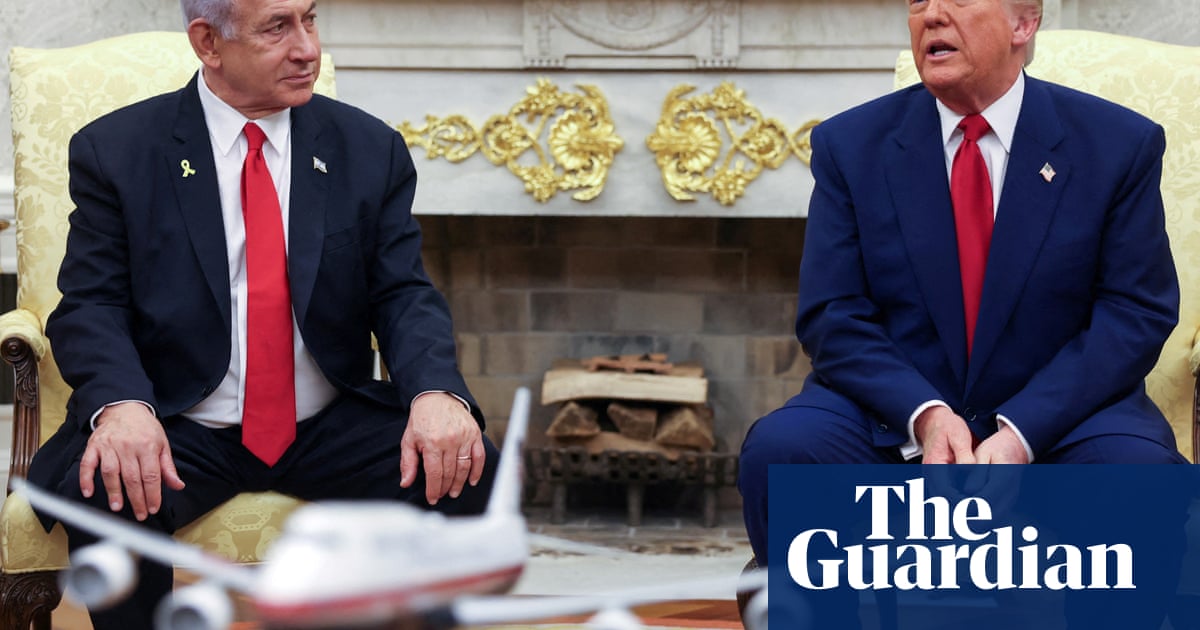Donald Trump’s recent comments regarding Benjamin Netanyahu’s ongoing corruption trial have sparked considerable discussion, especially as both leaders face their own unique political challenges. In a social media post, Trump referred to the trial as a “witch hunt,” echoing a sentiment that seems to resonate with both his and Netanyahu’s supporters.
In his post, Trump expressed admiration for Netanyahu, affectionately referring to him as “Bibi.” He noted that they endured significant challenges together, particularly in dealing with Iran, which he described as a “brilliant longtime enemy of Israel.” Trump’s strong endorsement highlights the close relationship between the two leaders, particularly during Trump’s presidency when he took steps to strengthen U.S.-Israel ties.
The context of Trump’s remarks is essential. As a former president, Trump has faced his own share of legal issues, encountering various criminal charges that he has consistently labeled as politically motivated. His recent statement about Netanyahu’s legal troubles suggests a degree of solidarity, as he expressed that the U.S. should “cancel” the trial entirely. This reflects a broader narrative where Trump appears to sympathize with leaders facing similar allegations of corruption and misconduct.
On the legal side, Netanyahu’s corruption trial dates back to December, when he became the first sitting Israeli prime minister to take the stand as a defendant. Facing charges of fraud, breach of trust, and bribery, he has been accused of accepting lavish gifts—specifically cigars and champagne—from a Hollywood producer. In exchange, he allegedly offered favorable regulatory treatment to certain media moguls, which raises questions about the integrity of his office and political decisions.
Netanyahu has vigorously denied any wrongdoing, branding the charges as an “ocean of absurdity.” He argues that the accusations stem from a hostile media environment and a judicial system biased against him, intent on undermining his ability to govern. This narrative strikes a chord with his base, who often view him as a resilient figure enduring an unjust battle against the establishment.
As Netanyahu navigates these turbulent legal waters, the trial has experienced multiple delays since its inception in May 2020. The postponements were attributed to various factors, including the ongoing conflict in Gaza and tensions in Lebanon. These interruptions not only prolong the judicial process but also highlight the complexities surrounding governmental stability during such crises.
While the specifics of the trial and impending hearings remain uncertain, Trump’s suggestion of a potential pardon for Netanyahu if he were to get into power again adds a layer of intrigue to the ongoing saga. Trump’s comment that “it was the United States of America that saved Israel” implies a reciprocal obligation—that the U.S. may have a role in safeguarding Netanyahu’s political future as well.
As the situation develops, the dynamics between these two leaders and their respective legal battles will continue to be closely monitored, both in Israel and globally. With public opinion swaying in different directions, the intersection of politics and law in both their cases poses significant questions about accountability, media influence, and the future of their leadership.


